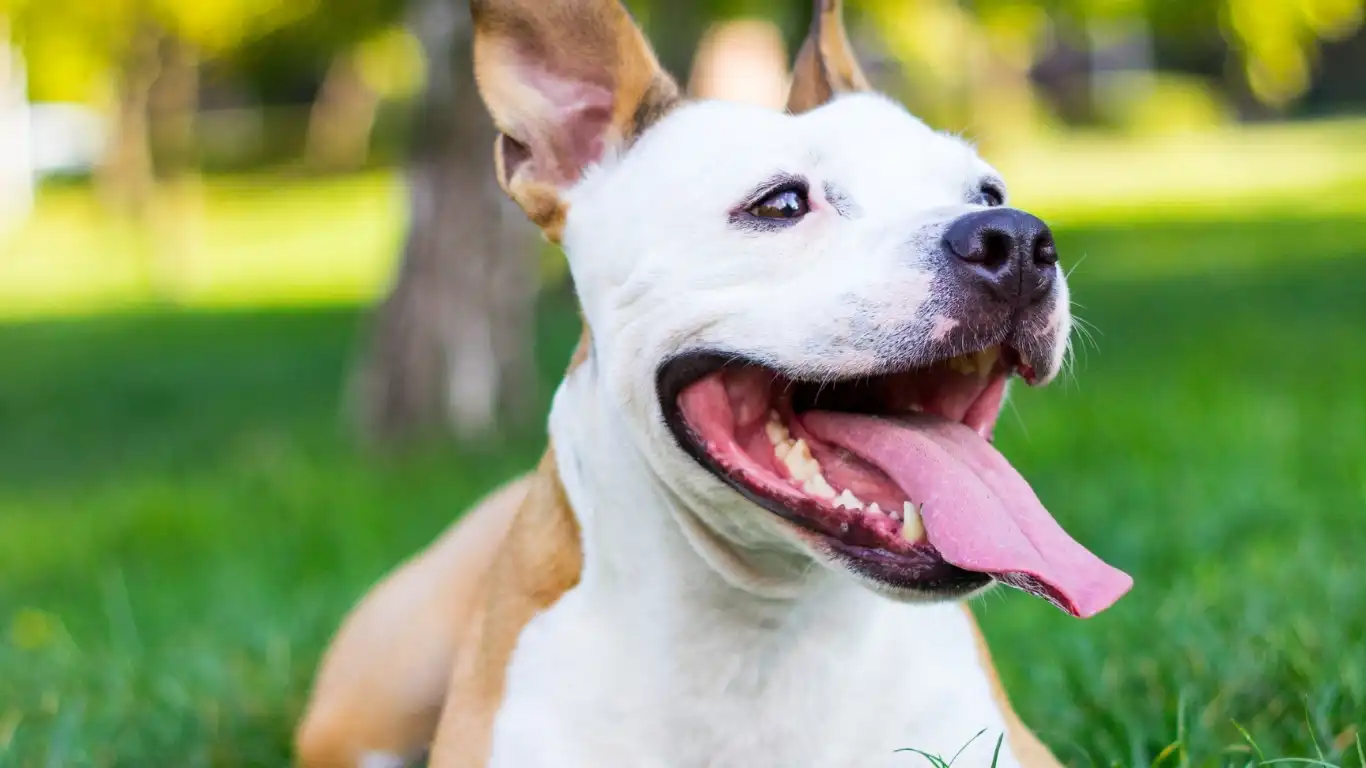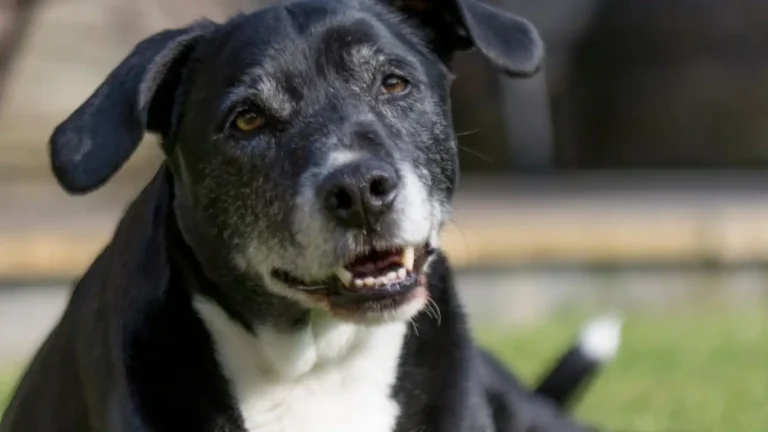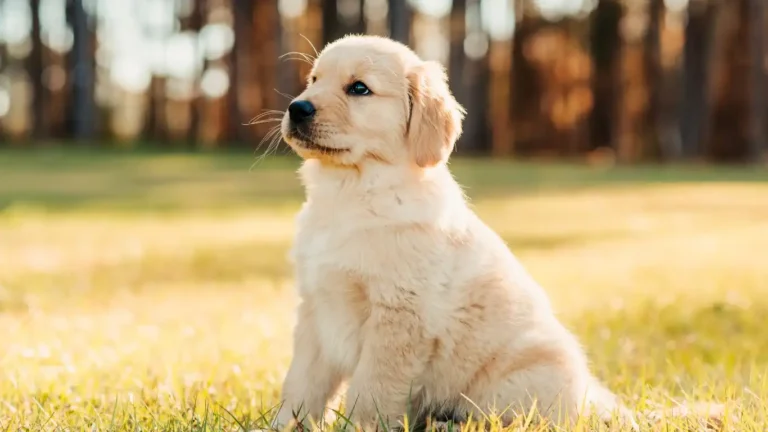Warning Signs: How to Recognize Dehydration in Dogs & Prevent It
As a Pet Nutritionist working in veterinary clinics, I’ve seen firsthand how easily pet parents can overlook how to recognize dehydration in dogs. It’s one of those sneaky issues that can escalate quickly if you don’t catch it early. I’ve had countless cases where loving owners brought in their pups for what seemed like minor sluggishness, only to find out their furry friend was severely dehydrated. If you’ve ever wondered how to tell if your dog is getting enough water, you’re in the right place.
Why Dehydration in Dogs is a Serious Concern

Dehydration isn’t just about your dog being a little thirsty—it’s a condition that can impact every organ in their body. Water plays a crucial role in digestion, circulation, and temperature regulation. When your dog doesn’t get enough fluids, it can lead to serious health problems, including kidney issues, heatstroke, and even life-threatening complications.
In my years at the clinic, I’ve treated dogs who were just slightly under-hydrated, and I’ve seen the heartbreaking cases where severe dehydration led to hospitalization. It’s always easier to prevent dehydration than to treat its consequences.
Common Causes of Dehydration in Dogs

Dogs can become dehydrated for many reasons, some of which might surprise you. Here are some of the most common causes:
- Not Drinking Enough Water: Some dogs just aren’t big drinkers, especially if their water bowl isn’t fresh or appealing.
- Hot Weather & Overexertion: Just like humans, dogs lose moisture through panting and sweating (through their paw pads) in hot weather.
- Illness or Fever: When dogs are sick, they often lose fluids rapidly through vomiting, diarrhea, or excessive drooling.
- Underlying Health Conditions: Kidney disease, diabetes, and other medical conditions can increase a dog’s risk of dehydration.
- Stress & Anxiety: Some dogs drink less when they’re anxious or in an unfamiliar environment.
Understanding these causes can help you prevent dehydration before it even starts.
How to Recognize Dehydration in Dogs
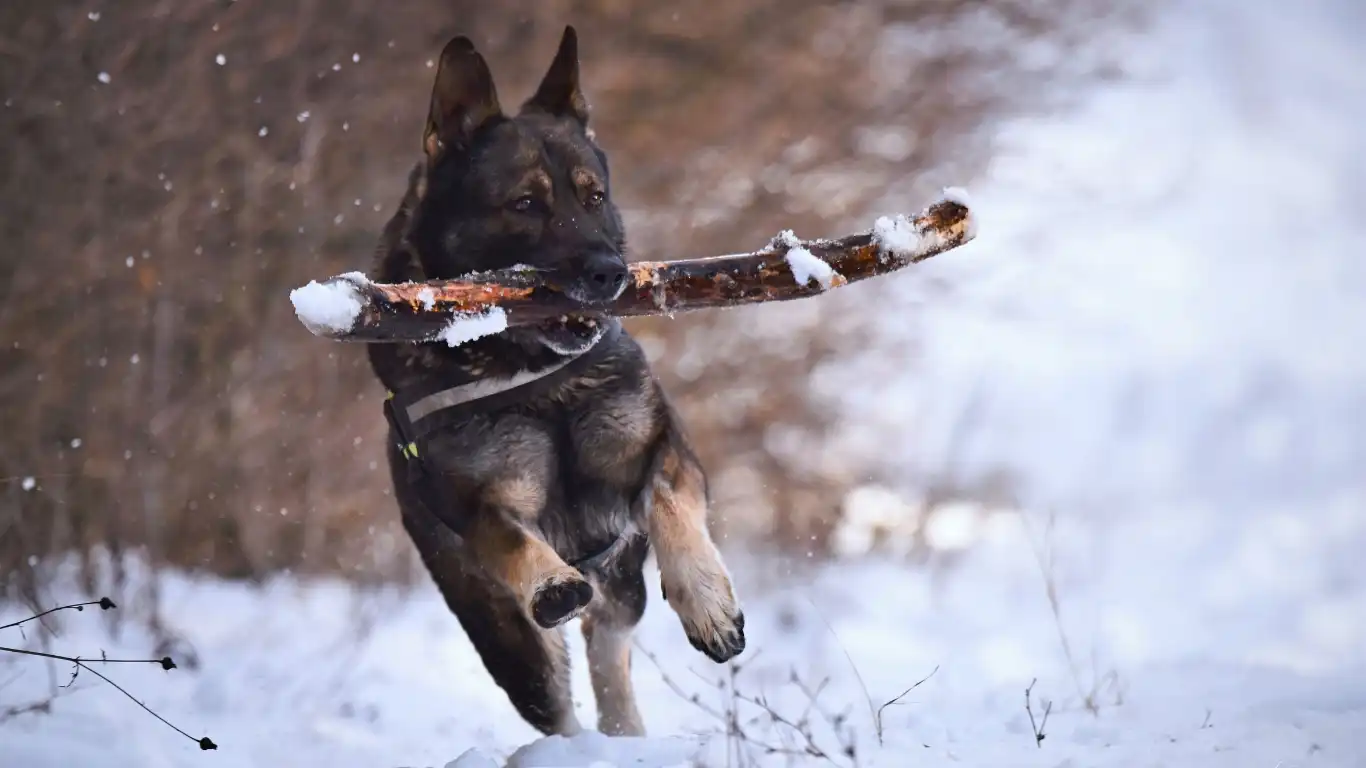
So, how do you know if your dog is dehydrated? Here are some telltale signs that every pet parent should be aware of:
1. Loss of Skin Elasticity
One of the easiest tests you can do at home is the skin tent test. Gently pinch a bit of skin on your dog’s back or between their shoulders and then release it. If the skin snaps back quickly, they’re well-hydrated. If it stays tented or returns slowly, it’s a red flag.
2. Dry Nose & Gums
A healthy dog should have a moist nose and gums. If you notice their nose is unusually dry or their gums feel sticky instead of slick, dehydration could be creeping in.
3. Sunken or Dull Eyes
I’ve had dog owners bring in their pets, saying, “Something just looks off about his eyes.” And they were right—dehydration can cause eyes to appear sunken and lose their usual brightness.
4. Decreased Energy & Lethargy
If your normally playful pup suddenly seems sluggish, it’s worth checking for dehydration. A lack of fluids can make them feel weak and less responsive.
5. Heavy Panting & Rapid Heart Rate
Panting is normal for dogs, but excessive panting combined with a fast heartbeat can indicate dehydration, especially in hot weather.
Recognizing these early signs can make all the difference in keeping your pup safe and healthy.
How to Treat Mild Dehydration at Home
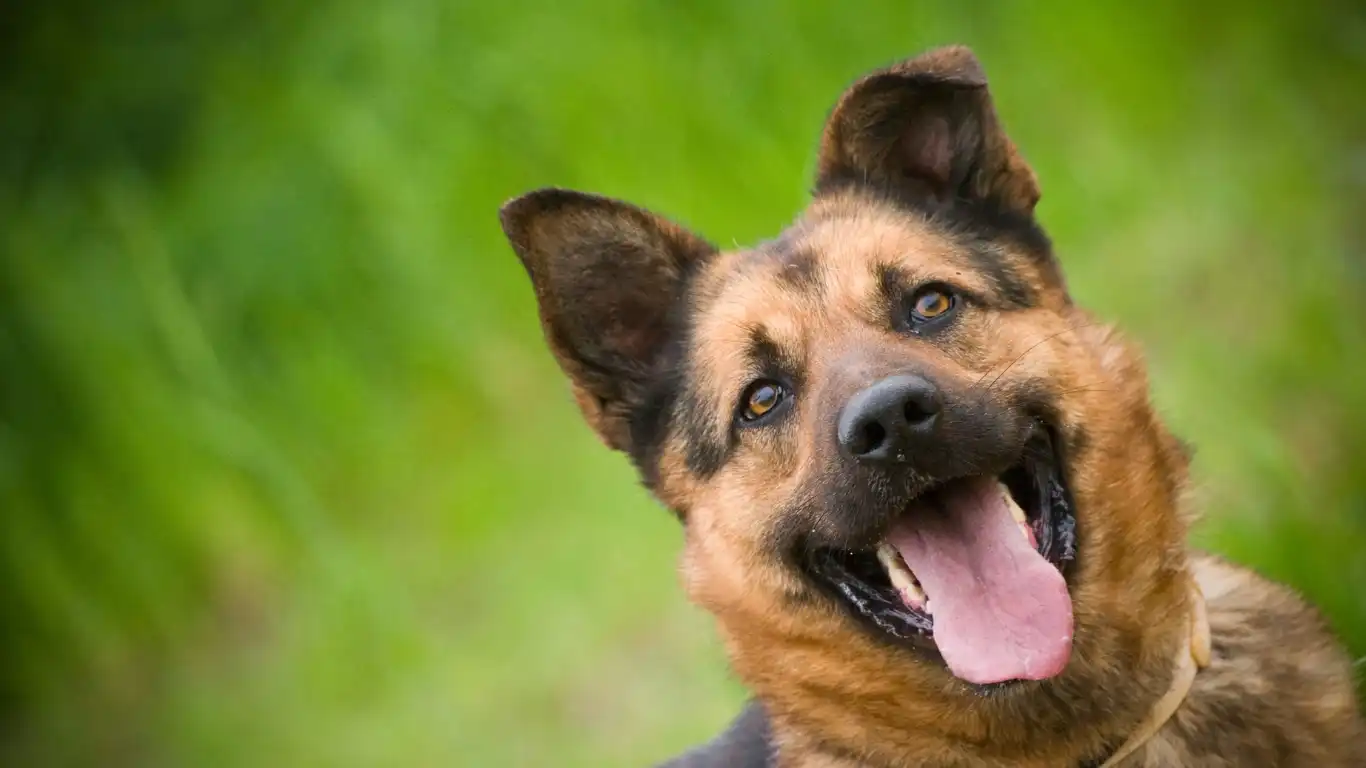
If you’ve noticed some early signs of dehydration in your dog, don’t panic just yet! Mild cases can often be managed at home with a little extra care and attention. Over the years, I’ve guided many pet parents through simple steps to rehydrate their pups safely.
1. Offer Fresh, Clean Water
This may seem obvious, but sometimes dogs refuse to drink stale or warm water. Try refreshing their bowl with cool, clean water. Some dogs prefer moving water, so a pet fountain can be a great investment, especially if you have a picky drinker.
2. Use Ice Cubes or Ice Chips
Some dehydrated dogs don’t want to drink large amounts of water at once, and gulping too fast can even cause vomiting. I often recommend offering ice cubes—not only do they provide hydration, but they can also be a fun treat on a hot day.
3. Try Bone Broth or Electrolyte Solutions
If your dog isn’t interested in plain water, a little low-sodium bone broth can do wonders. It’s hydrating, tasty, and packed with nutrients. For extra hydration, you can also use pet-safe electrolyte solutions like Pedialyte (but always check with your vet first).
4. Incorporate Moist Foods
Dogs who eat dry kibble all the time may be more prone to dehydration. If your pup needs a little extra hydration boost, mix in some wet dog food or add water to their kibble. You can also give them water-rich snacks like cucumbers or watermelon (seedless, of course!).
When to Seek Veterinary Care for Dehydration
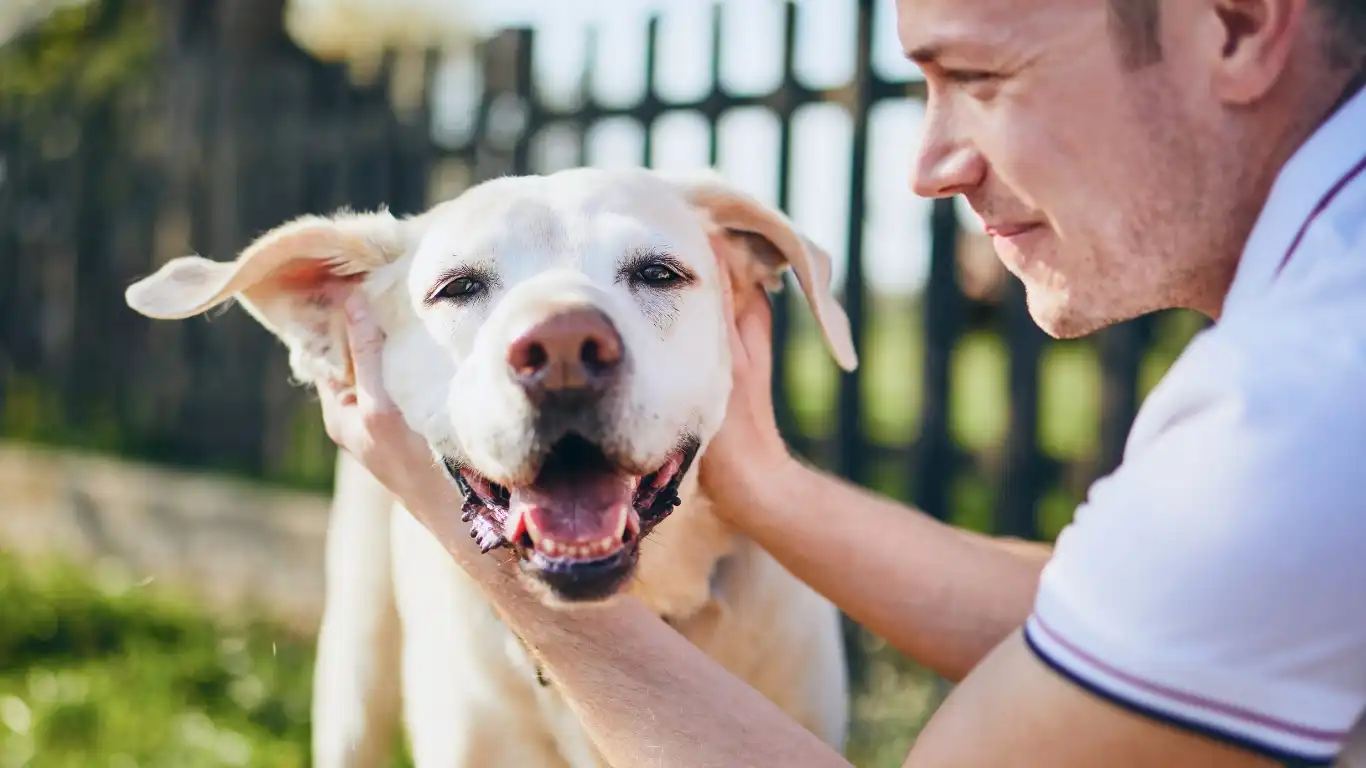
While mild dehydration can often be managed at home, there are times when it’s essential to get professional help. I’ve seen cases where pet owners waited too long, thinking their dog would bounce back, only to end up in the emergency room. Here’s when you should head to the vet:
- Persistent Vomiting or Diarrhea: If your dog can’t keep water down or has ongoing diarrhea, they’re losing fluids too quickly.
- Extreme Lethargy: If your dog is too weak to stand or barely responsive, they need immediate medical attention.
- Gums Are Very Dry or Pale: Normal gums should be moist and pink. If they’re dry, tacky, or turning pale, it’s a serious sign of dehydration.
- Loss of Consciousness or Seizures: This is a medical emergency—don’t wait, get to the vet immediately.
At the clinic, we often treat severe dehydration with IV fluids to quickly restore hydration and electrolyte balance. The sooner you act, the better the outcome for your pup.
Preventing Dehydration in Dogs: Tips for Every Pet Parent

Prevention is always easier than treatment. Over the years, I’ve found that a few simple habits can make a huge difference in keeping dogs well-hydrated.
1. Always Provide Fresh Water
Make sure your dog has access to clean water at all times. Change their water at least once or twice a day, and don’t forget to clean the bowl regularly—dogs can be surprisingly picky about dirty water!
2. Monitor Their Water Intake
Some dogs naturally drink plenty of water, while others need encouragement. If your dog isn’t drinking enough, try adding water to their food, using a pet water fountain, or offering flavored options like diluted broth.
3. Hydrate During Exercise
When you take your pup on walks or hikes, always bring a portable water bowl and offer water breaks, especially on hot days. Overexertion in warm weather is one of the top causes of dehydration I see in active dogs.
4. Adjust for Weather & Activity Levels
Dogs need more water in hot weather and after physical activity. If it’s a scorching day, keep an eye on their hydration levels and avoid excessive exercise during peak heat hours.
By making hydration a priority, you’ll help ensure your dog stays happy, healthy, and full of energy.
Special Considerations: Puppies, Seniors, and Sick Dogs
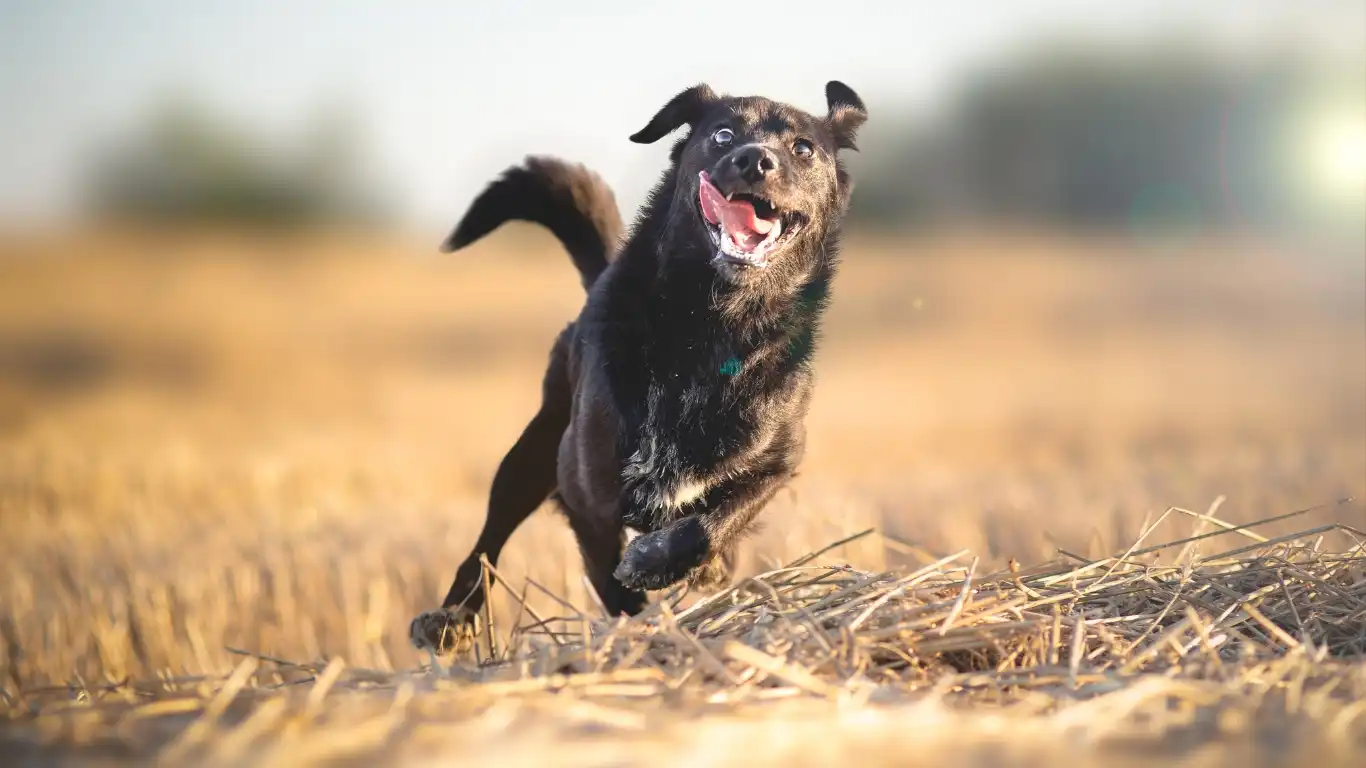
While dehydration is a concern for all dogs, certain groups are more vulnerable than others. Over the years, I’ve worked with countless pet owners who were surprised at how quickly dehydration can set in for puppies, senior dogs, or those with underlying health issues.
1. Puppies Need Extra Hydration
Puppies are like little energy machines—they run, play, and burn through their hydration reserves faster than adult dogs. Because their bodies are still developing, they’re at a higher risk of dehydration, especially if they have diarrhea or aren’t nursing properly.
Signs of dehydration in puppies can escalate quickly. If your little one seems extra sleepy, has dry gums, or isn’t urinating frequently, it’s time to take action.
2. Senior Dogs Are More Susceptible
Older dogs often have weaker kidney function, making them prone to dehydration even if they’re drinking water regularly. Some senior pups may also suffer from arthritis, which can make them less inclined to get up and drink as often as they should.
For older dogs, I always recommend placing multiple water bowls around the house—this simple trick can make a huge difference in keeping them hydrated.
3. Dogs with Health Conditions Require Extra Care
If your dog has kidney disease, diabetes, or any chronic illness, dehydration can be a constant concern. I’ve seen many dogs with medical conditions struggle with hydration, often requiring subcutaneous fluids at home to maintain their health.
If your dog has a medical issue, talk to your vet about their specific hydration needs—sometimes a little extra planning can prevent a serious emergency.
Myths About Dehydration in Dogs

There are plenty of myths floating around when it comes to canine dehydration. Let’s clear up a few of the most common misconceptions:
1. “If My Dog is Thirsty, They’ll Just Drink More”
Unfortunately, this isn’t always true. Some dogs are not great at self-regulating their water intake, especially when they’re sick, distracted, or in an unfamiliar environment. Monitoring their drinking habits is key.
2. “Wet Dog Food Prevents Dehydration”
While wet food does contain more moisture than kibble, it isn’t a replacement for fresh water. Even if you feed a raw or wet diet, your dog still needs a steady supply of clean drinking water.
3. “Dogs Can Drink from Ponds, Lakes, or Streams”
Some dog owners assume natural water sources are safe, but the reality is that many outdoor water sources contain bacteria like Leptospirosis or toxins like blue-green algae. Always bring fresh water for your pup when exploring the outdoors.
Final Thoughts: Keeping Your Dog Hydrated & Healthy
Hydration is one of the simplest yet most overlooked aspects of dog care. Whether you have a playful puppy, a lazy senior, or an active adventure buddy, keeping an eye on their water intake can prevent a lot of health issues down the line.
As someone who has worked with dogs in veterinary clinics for years, I can tell you that dehydration is 100% preventable with the right habits. Make water accessible, pay attention to their drinking behavior, and be proactive when the weather heats up.
References
- American Veterinary Medical Association (AVMA)
- American Kennel Club (AKC)
- American Society for the Prevention of Cruelty to Animals (ASPCA)
Disclaimer
The information provided in this article is for educational purposes only and should not replace professional veterinary advice. If you suspect your dog is severely dehydrated, seek immediate veterinary care.
